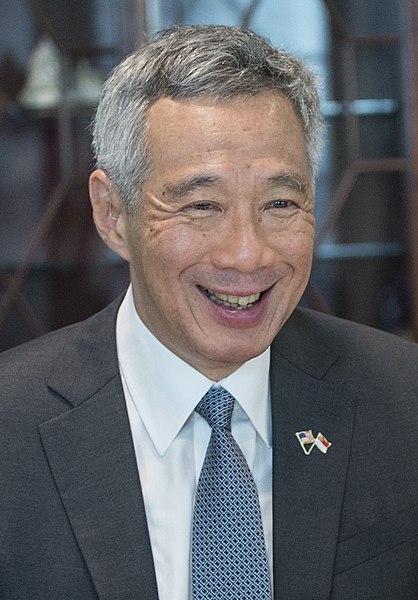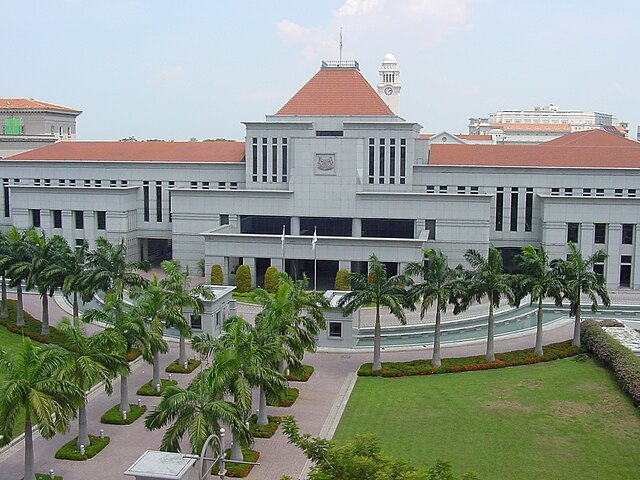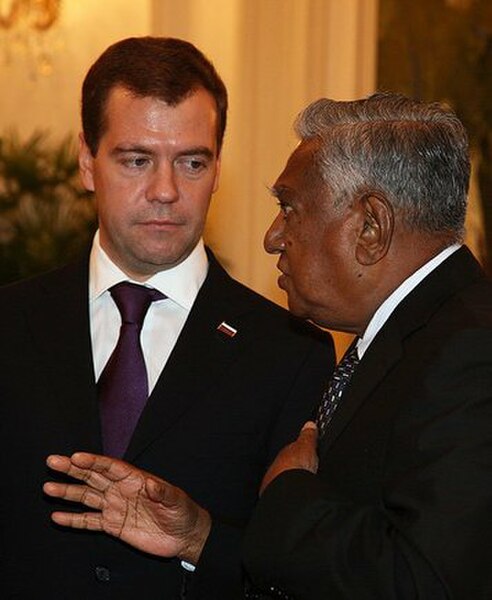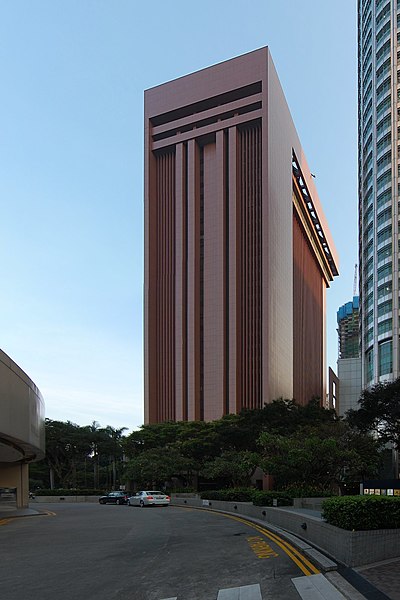Singapore is a parliamentary representative democratic republic in which the president of Singapore is the head of state, the prime minister of Singapore is the head of government, and of a multi-party system. Executive power is exercised by the Cabinet from the parliament, and to a lesser extent, the president. Cabinet has the general direction and control of the government and is accountable to Parliament. There are three separate branches of government: the legislature, executive and judiciary abiding by the Westminster system. Singapore has been described as being a de facto one-party state.
Lee Hsien Loong, Prime Minister of Singapore
Parliament House
The president of the Republic of Singapore is the head of state of Singapore. The president represents the country in official diplomatic functions and possesses certain executive powers over the Government of Singapore, including the control of the national reserves and the ability to revoke and appoint public service appointments.
President of Singapore
Russian President Dmitry Medvedev speaking to President S. R. Nathan during the former's visit in 2009
The president has personal discretion as to whether to approve budgets or financial transactions of specified statutory boards and state-owned companies that are likely to draw on past reserves. The Monetary Authority of Singapore, photographed here in September 2009, is one such statutory board.
The Elections Department, which oversees elections in Singapore






